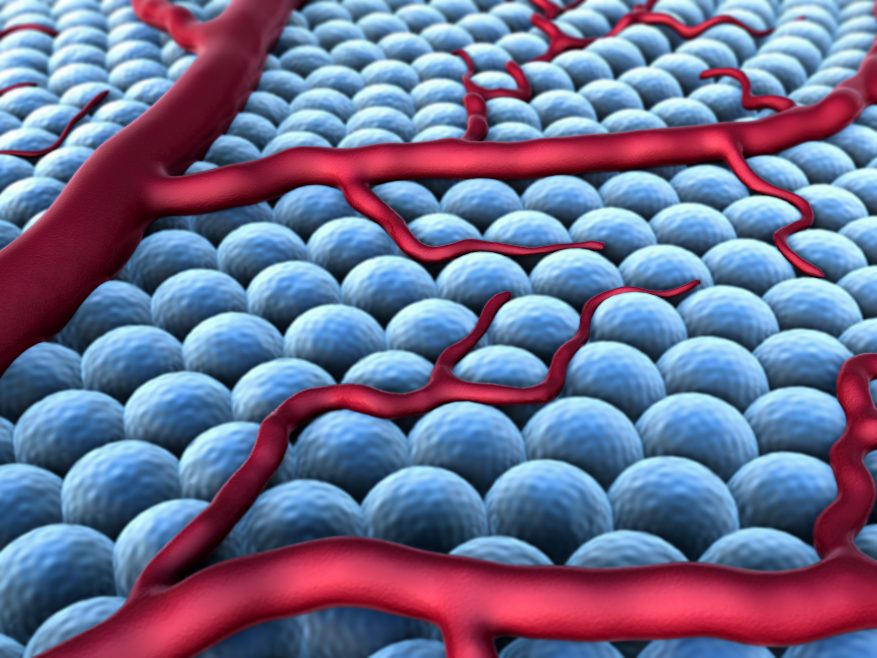“The significance of vascular health to the public can’t be overstated: It may be the only modifiable degenerative condition leading to dementia.” Dr. Eric Smith
Over the past 10 years, dementia researchers have established that vascular cognitive impairment (VCI) is common in the brains of older people, accounting for up to 33% of the risk for developing dementia. Second only to Alzheimer’s disease, VCI is a leading cause of dementia and needs to be better understood, according to Dr. Eric Smith.
Symptoms of Vascular Cognitive Impairment
In some cases, VCI is evident as a symptomatic stroke that causes paralysis or speech loss. More subtly, it shows up as concentration or memory problems that can only be diagnosed after a brain scan, once a physician has seen evidence of small strokes in the brain, or changes in white matter from a lack of blood flow.

CCNA Team 7: Vascular Illness and Its Impact on Neurodegenerative Diseases
Unpacking these subtleties, Dr. Eric Smith is co-leading CCNA’s Team 7 in identifying and describing what cognitive impairment looks like “on the ground level,” to the clinician. Moving away from theory-based approaches to dementia – like “we understand that this can happen” – Smith’s team aims to provide an understanding of what vascular disease actually looks like once it has been carefully characterized.
Specifically, their work will enable clinicians to know what happens to people with VCI over time, the risks for getting worse, and – perhaps, one day – how to promote an individual’s unique brain health.
To get there, the team is working to define the earliest stages of cognitive impairment arising from vascular disease of the brain, known as vascular mild cognitive impairment (VMCI). Signs of which include memory problems and scoring low on cognitive tests. By working directly with affected individuals – through brain scans and other analyses – Smith’s team will unpack subtle markers of atrophy, connectivity in the brain, and the pattern of neuro-psychological disease function.
“Currently, we’re working with 6 basic science labs across Canada which are testing new treatments for VCI in animal models. This basic research subteam is led by Dr. JoAnne McLaurin, Professor of Laboratory Medicine and Pathobiology at the University of Toronto. We aim to begin a clinical trial for VCI patients that will start in 2017,” Smith explains.
Next Steps
Nodding to precision medicine in dementia care, Team 7 is paving the way to physicians, one day, understanding what’s happening in each individual’s brain, and how to provide tailored approaches to brain health promotion.
In Smith’s words: “As we grow in our understanding of the various dementias and how they interact, we’re moving toward a future of comprehensive diagnosis and management. You know, understanding the multiple factors that might be contributing to brain dysfunction and risk for dementia later in life, including the amount of vascular disease, factors related to Alzheimer’s and Lewy-body disease, and an individual’s cognitive reserve and resilience to tolerate specific kinds of brain changes. I’m hoping that in 10 years we may be at a place where we can derive patient-specific cocktail treatments to target and respond to each pathology.”
Dr. Eric Smith recently received the Killam Emerging Research Leader Award, which recognizes outstanding contributions to research at the early stage of one’s career.

